Born in Buffalo, New York in 1949, Jack Zoeller attended West Point and the Harvard Kennedy School of Government before heading to Oxford to complete a second master’s degree. He returned to service in the Army as a Ranger in the 82nd Airborne Division and program analyst in the Pentagon. After 10 years on active duty, Zoeller moved into a succession of chief executive roles, including as chairman of E.F. Hutton Indemnity, ComFed Bancorp and Bank of Virginia. As an entrepreneur he founded eight companies, including most recently Purefy Inc. and The Aunt Betty Fund, a non-profit supporting US students burdened by college loans. Zoeller has been a longtime supporter of the Rhodes Trust. As part of that work, he published a definitive examination of the early life of the first black Rhodes Scholar, Alain Locke (Pennsylvania & Hertford 1907). The following narrative is excerpted and edited from interviews with the Rhodes Trust on 20 and 21 June 2024.
Jack Zoeller
New York & University 1972
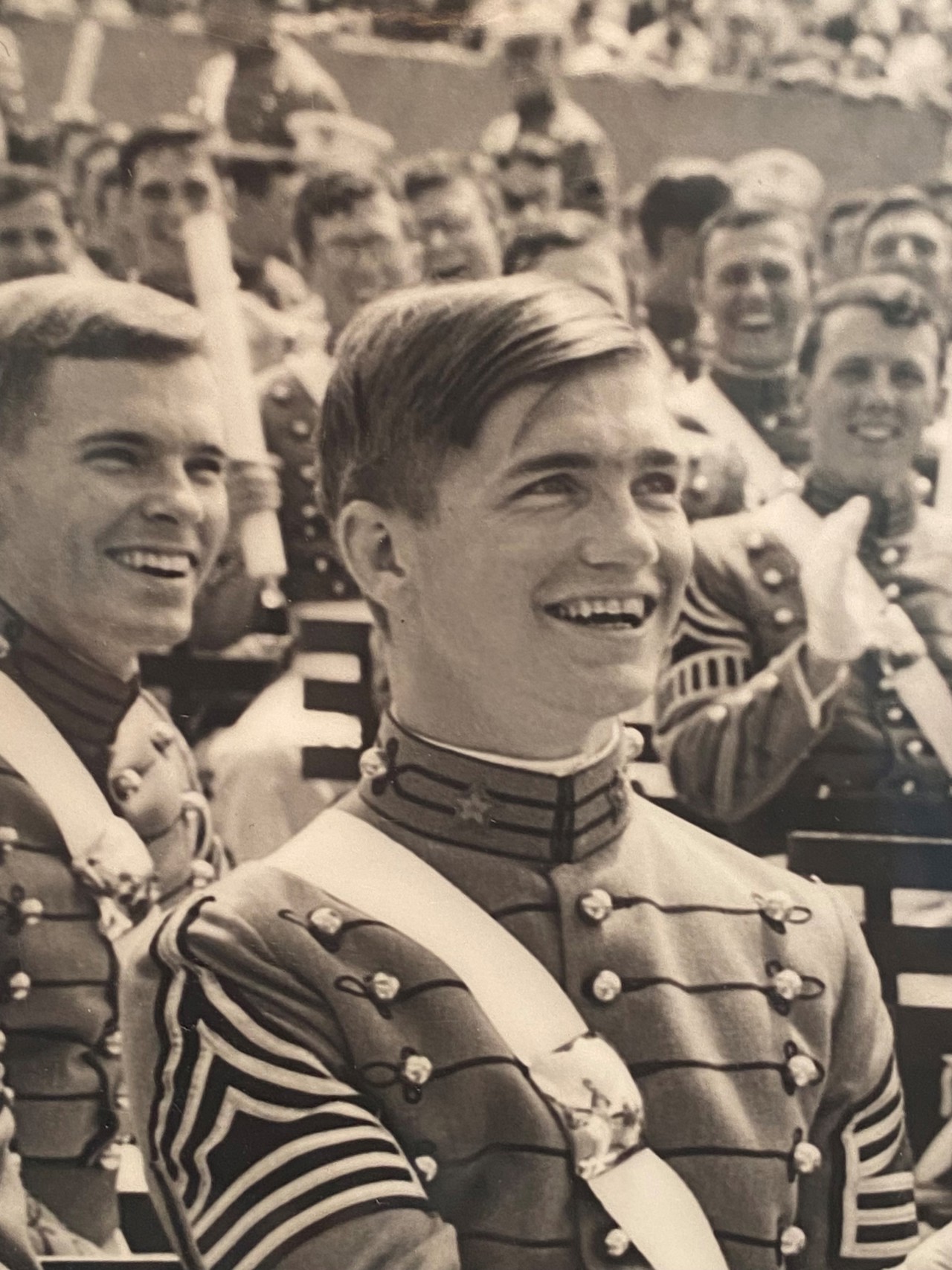
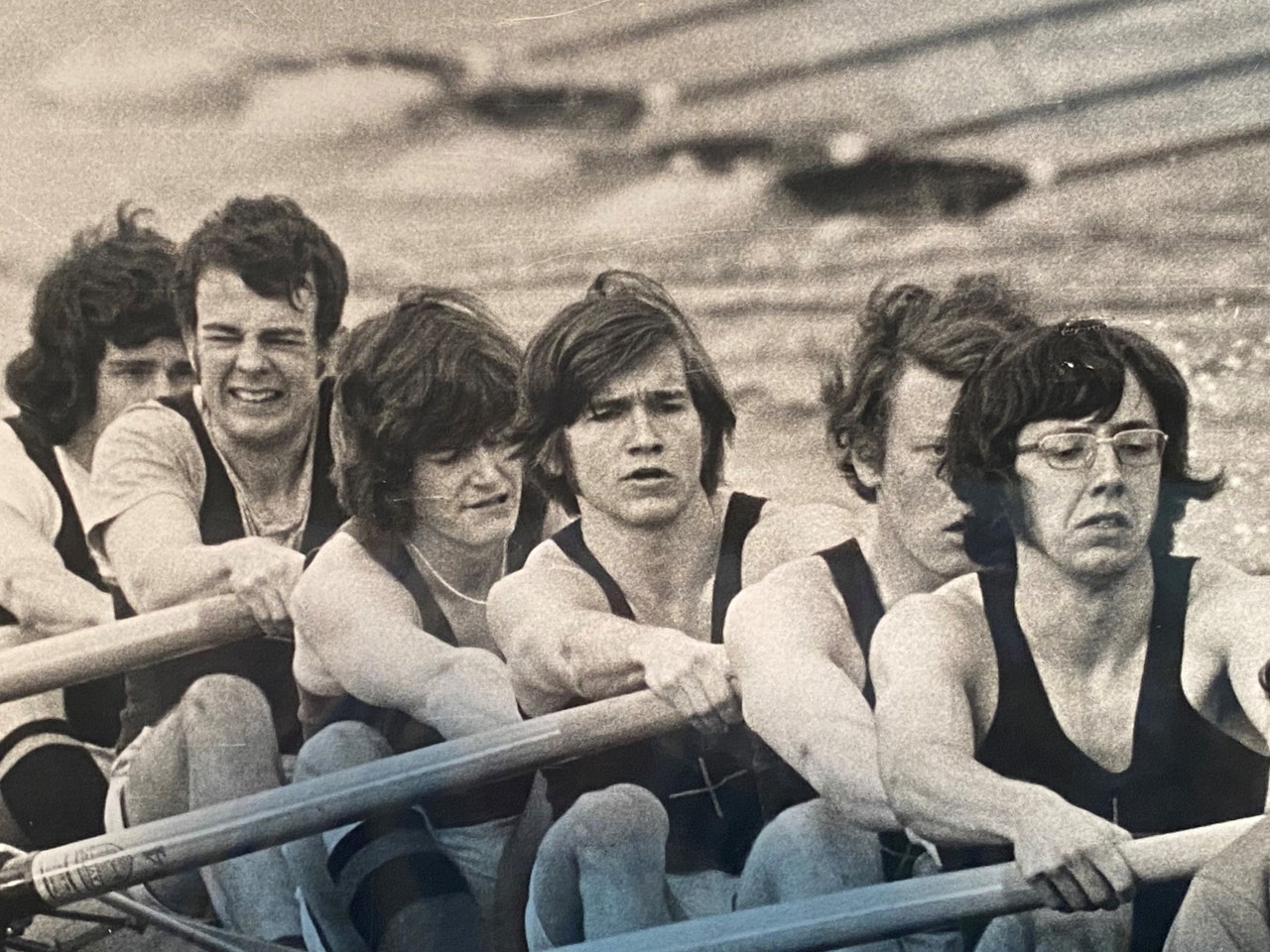
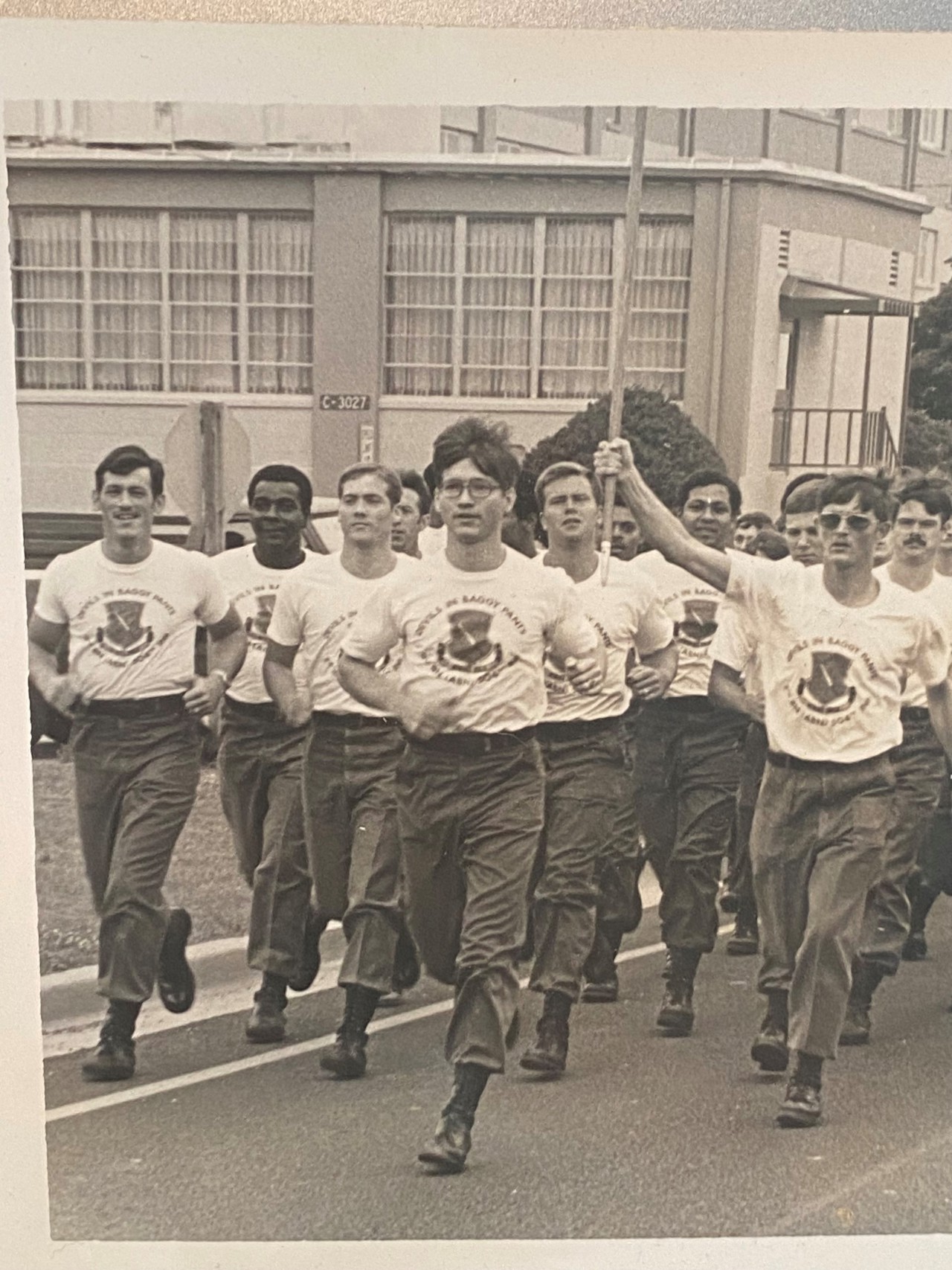
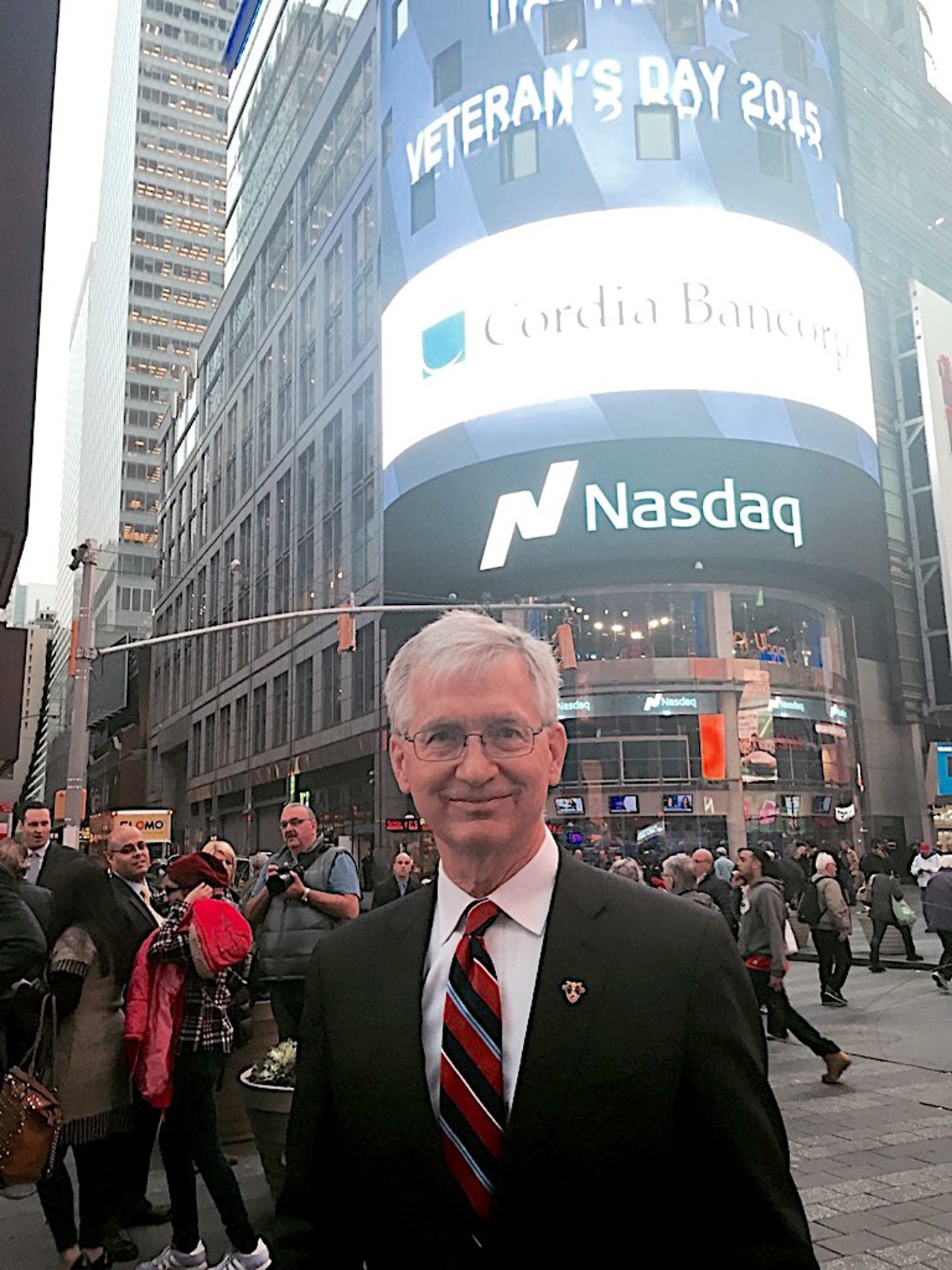
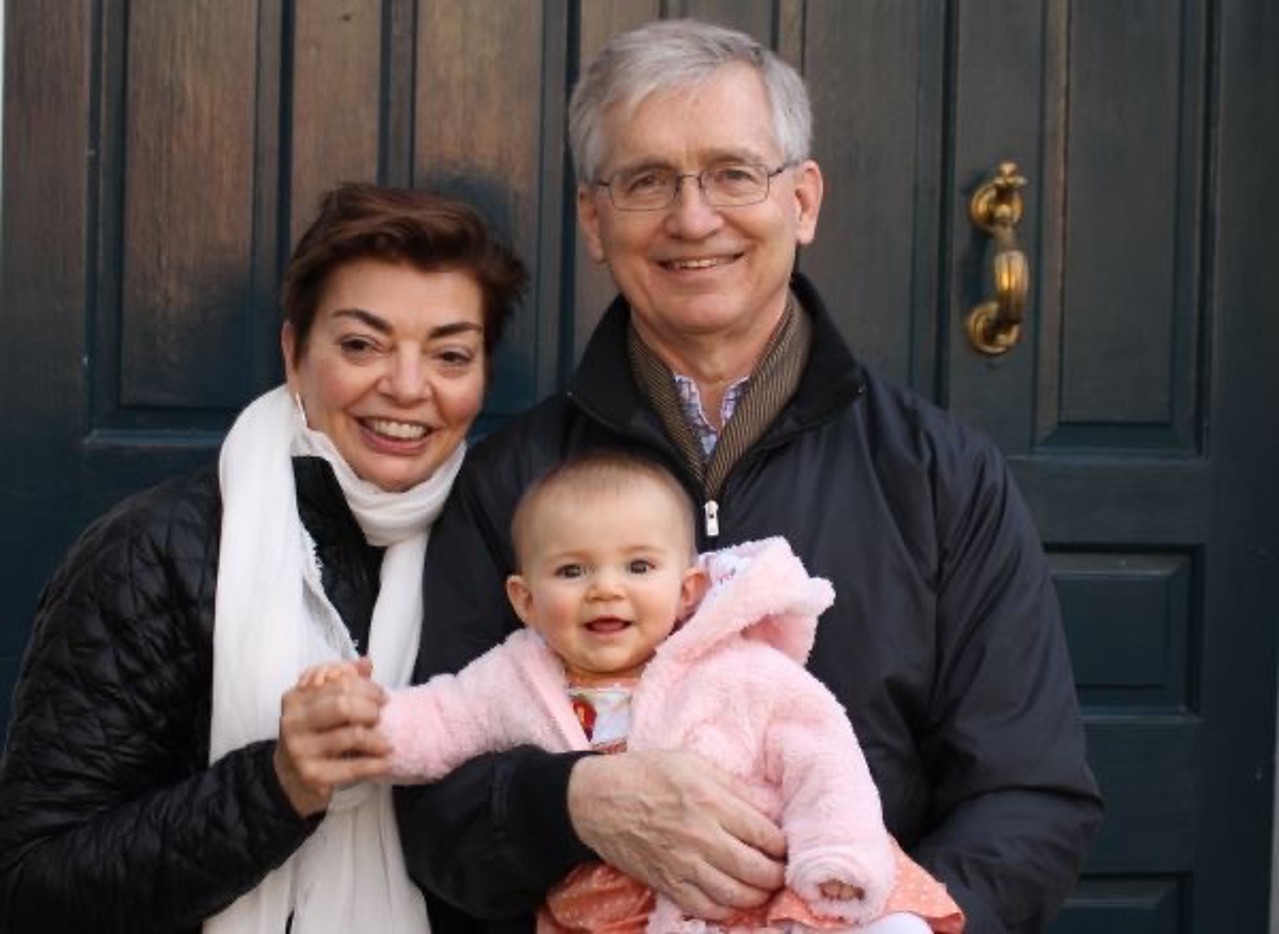





‘I was a numbers guy’
We lived in a blue-collar suburb of Buffalo called Cheektowaga. Almost everybody’s dad worked in a processing or manufacturing plant. My dad started as a machine operator but ended up a labor relations manager. I was a small kid. My older brother fought with me every day until he went off to college, and being on the receiving end of that rivalry was probably the dominant formative experience of my early life.
I was a numbers guy and when I was three, taught myself to multiply. My uncles would quiz me for entertainment – ‘Jack, what’s 73x16?’ I could do it in my head and get it right. By age five I taught myself to read by buying 10 cent comic books with my allowance. When I began school and discovered the library, I voraciously read every biography on the shelves, from George Washington to George Washington Carver. That’s where I got my sense of how many heroes we have, and that you can accomplish anything in life. I was basically a straight A student the whole way through. Apart from academics, once I hit nine or ten my favorite activities evolved from climbing tall trees and roofs to playing sports like baseball, wrestling and soccer in which the bigger kids had no real advantage. I became one of only two in my class of 400 students to earn a varsity sports letter as a freshman.
On applying for the Rhodes Scholarship
In my senior year in high school, I learned from the West Point catalog that the Academy had the third highest number of Rhodes Scholars of any U.S. college; also that if you finished in the top five percent of your West Point class, the Army would pay for you to go to graduate school at the college of your choice. I was still sixteen when I set three big goals: trying to finish at or near the top of the class at West Point, getting into an elite graduate school, and trying to become a Rhodes Scholar. The academics at West Point were intense, but I found that sports were how the other cadets took your measure. In my first game as goalkeeper for my company soccer team, I made two critical saves, and became a bit of a hero as we went on to win the regiment. The next year I won the West Point open wrestling championship in my weight class. Excelling in sports kept me from being labelled as a nerd, which likely would have happened, as I stood first in my class. To be sure, I was no longer the small guy, having grown 14 inches and 75 pounds since my freshman year in high school.
The anti-war movement was taking hold in the late ‘60s. Over the following decade, nobody (outside the military and my close circle) reacted positively when they heard I was in the Army. Even after West Point, when I went to the Harvard Kennedy School, I remember being in a seminar when one of the students pointed to the window: ‘Look at the protesters out there.’ We rushed to take a look, and it turned out the demonstrators were protesting us, for taking a course in defense policy. All of those protests and negative inferences about the military had a huge impact on me.
At West Point in the late ‘60s, the chair and about a dozen professors in the Social Sciences Department were Rhodes Scholars. They told us about their experiences at Oxford and gave advice on applying and interviewing. One of them, Larry Budge (Idaho & Exeter 1961), opined, ‘Oxford is the dessert of life.’ I remember thinking, ‘You’re 30 years old. It’s too early to be talking about the dessert of life.’ Looking back now, I see he was right. Another professor opened an opportunity for me to lead the annual Student Conference on US Affairs, attended by students from 200 colleges around the country. Still another Rhodes Scholar on the faculty, Josiah Bunting (Virginia & Christ Church 1963), took me under his wing for two years and offered advice which most of the time I accepted, and for which I remain immensely grateful. However, for reasons I could not comprehend, the Army told me in 1971 that I could not apply for a Rhodes Scholarship. Years later, I saw the memo signed by the four-star general who had overruled the Army Staff. It read, ‘Oh, let him compete. He’s going to lose anyway.’
On lifetime friends and memories
Sailing to the UK with my Rhodes classmates from the US and Canada was a fantastic bonding experience - even though I was horribly seasick! I remember arriving at University College on High Street. Douglas, the head porter, greeted four of us, saying, “Well, it’ll be the revolting colonials.” Univ was such a great place to be a student, and especially an American Rhodes Scholar. My first year, I had 24 one-on-one tutorials in politics. My tutor, Maurice Shock, never gave me a grade or offered a correction, but by watching his face as I read my weekly essay aloud, I could see exactly what he thought of my work. I credit his silences and furrowed brows with teaching me to be a good writer.
I kept up my sports at Oxford, and took up a new one: rowing in an eight. Within six months, I was surprised to be elected Captain of Boats at Univ. My crewmates became travel buddies too. We went to Poland, Hungary and Czechoslovakia, and skied in Austria, France and even Andorra. Going behind the Iron Curtain was an eye-opener and at times a dangerous adventure. Back in Oxford, though I was not a regular chapel-goer, I became close friends with the Chaplain of Univ - so much so that five years later, I rang him from Heathrow and he invited me to stay the night at Windsor Castle, where he was Canon, living with his family above St George’s Chapel. These are just a few of hundreds of personal encounters I have had and still have with Oxonians I met in the ‘70s. Oxford blessed me with life-long friends and an incredible range of experiences which I cherish.
‘I need to help clean this up’
When I got back to the US after Oxford, I assumed I would be in the Army long-term.
Knowing I had a lot of ground to make up, I managed to finish first in my Ranger, Advanced Infantry, and Jumpmaster classes. I had the privilege of commanding 140 soldiers in an infantry company in the 82nd Airborne; then ran the Division’s training program for a year; and during a crisis crafted a real-time deployment order for a brigade of the 82nd to parachute into a classified hotspot for which there was no existing contingency plan. I was awarded a medal for my work that day, but when I visited Washington to peruse my personnel file, I discovered numerous preposterous comments questioning my commitment and ability as an infantry officer. Without realising it, that day was my decision point. I could not stay in an Army that culturally could only see me as an ivory tower academic. I sought reassignment to the Army Chief of Staff’s office, joining a team that saved the all-volunteer Army and laid the groundwork for the most successful ad in the television era, the ‘Be All You Can Be’ campaign.
I knew nothing about corporate finance, but showed up for an interview at EF Hutton and thought simply, ‘Let’s see if I can get to the second round.’ I did get the job, and soon became an expert on refinancing debt. The old hands did not have an advantage, as this was a period when the rules on Wall Street were changing. After breaking new ground and having a lot of fun, I took a role at a smaller bank outside Boston. I thought I was recruited to lead a financial turnaround, but it turned out there was a brewing investigation into mortgage fraud. Four of our people were convicted; three went to jail. One of our loan officers was even found dead in the trunk of a Cadillac at the bottom of Boston harbor. Friends said, ‘You need to get out of there,’ but my view was, ‘No, I need to help clean this up.’ Maybe that drive came from West Point, where our class motto was ‘Serve with Integrity,’ or maybe I picked it up from my parents: I never heard them tell a lie.
I went on to launch a series of companies, roughly one every five years. After I turned 65, I translated my experience with refinancing into the student loan arena. We helped 30,000 borrowers reduce their payments dramatically. My latest venture, the Aunt Betty Fund, is in the same space, but as a non-profit. We provide a platform for donors to help individuals burdened by their loans and also offer friends and family an avenue to help out.
One of the most fulfilling things I’ve done alongside family and job came about through the invitation of George Keys (Maryland & Balliol 1970). We got to know each other when he was Vice President of the American Association of Rhodes Scholars and I was the new Treasurer. George was looking for support for a 100th anniversary event celebrating the selection of the first black Rhodes Scholar, Alain Locke (Pennsylvania & Hertford 1907). He said, ‘We need somebody to research and write on Locke.’ It was right up my alley – I love digging in archives and also cheering for the little guy. Locke was literally the little guy – only five foot three and a half – and the only black Rhodes Scholar for the first six decades of the Trust. With respect to the Rhodes community of that era, he remained a lonely outsider. At Oxford he faced terrible prejudice, not least from some of his fellow American Rhodes Scholars. Today Locke is recognized as the father of the Harlem Renaissance, but the heart of my writing was an examination of how he made his way from Central High in Philadelphia to Harvard to Oxford. Locke died in 1954 but was never memorialized. With George’s leadership, we were able to get his ashes buried in Congressional Cemetery in 2014. I was honoured to be a part of it.
‘Take this opportunity to round yourself out without that full pressure on you’
When I finish the two books I’m working on, my next project will be about the history of voting rights in the District of Columbia. I’m so lucky to have Kathryn, my wife, who brings art and balance into my life and our home. We have two sons who reside in Richmond, Virginia and Wellington, New Zealand, plus four grandkids and one big beautiful golden retriever. Watching our grandkids’ personalities and genetics emerge seems a miracle.
To today’s Rhodes Scholars, my advice would be: immerse yourself in your college life. Make friends with people who aren’t Rhodes Scholars and who are from other countries. You don’t have to prove something to somebody every day, or even every month. You’re under less pressure at Oxford than you were as an undergraduate. Define your own objectives as a Rhodes Scholar, and take this opportunity to round yourself out without that full pressure on you.
